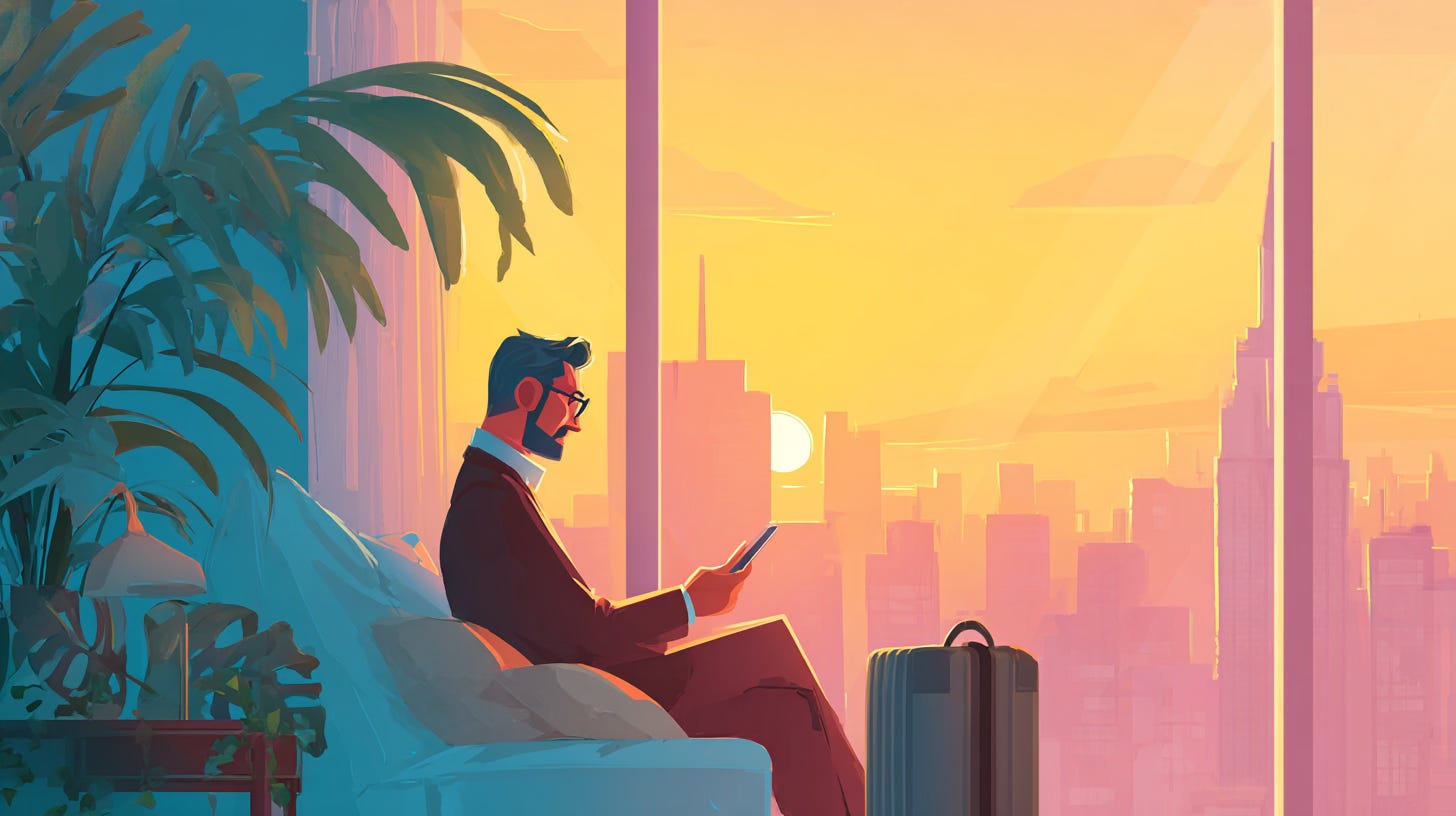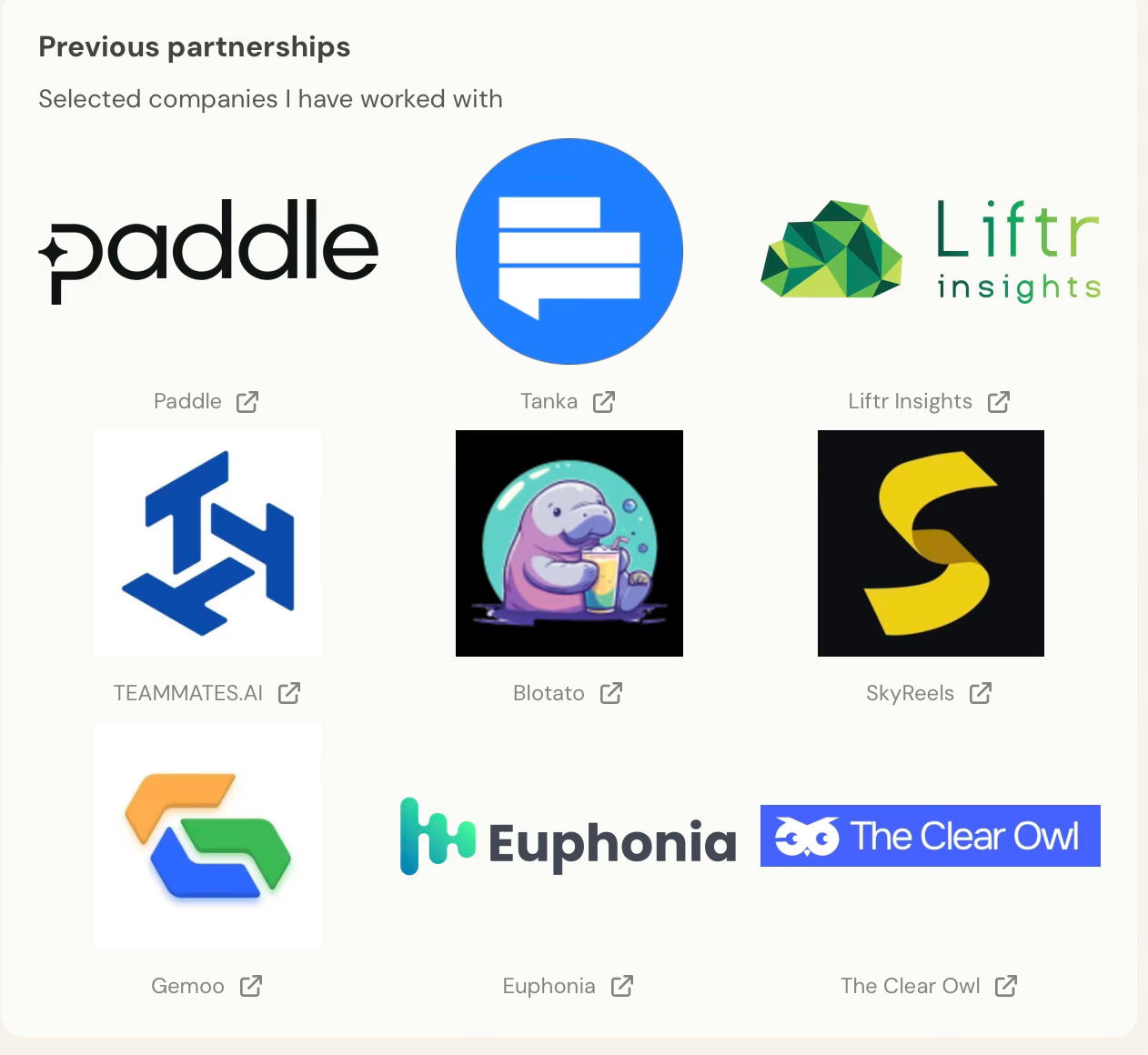🚀💡 AI Giants Chase Tomorrow While Search Gets Real 🔍⚡
Would you like to be featured in our newsletter🔥 and get noticed, QUICKLY 🚀? Simply reply to this email or send an email to editor@aibuzz.news, and we can take it from there.
⭐⭐⭐⭐⭐⭐⭐⭐⭐⭐⭐⭐⭐⭐⭐⭐⭐⭐⭐⭐⭐⭐⭐⭐⭐⭐⭐⭐⭐⭐⭐⭐⭐
Would you like to be featured in our newsletter🔥 and get noticed, QUICKLY 🚀? Simply reply to this email or send an email to editor@aibuzz.news, and we can take it from there.
⭐⭐⭐⭐⭐⭐⭐⭐⭐⭐⭐⭐⭐⭐⭐⭐⭐⭐⭐⭐⭐⭐⭐⭐⭐⭐⭐⭐⭐⭐⭐⭐⭐Hey AI Innovators! 👋
The AI world's getting wild — Meta's playing catch-up after years of early advantages, DuckDuckGo is fighting back against AI image overload, and gaming legend Gabe Newell thinks non-coders might become the next programming superstars 🤯. From talent wars to search wars to the future of coding itself, this edition dives into how AI is reshaping everything we thought we knew!
Why Meta Swears This Time Is Different: A Personal Dive Into the AI Talent Gold Rush
Remember when Mark Zuckerberg was supposed to win the AI race? Back in 2013, Facebook snagged AI godfather Yann LeCun and launched FAIR with massive fanfare, giving them what should have been an insurmountable head start. Fast forward to today, and Meta is desperately playing catch-up while OpenAI, Anthropic, and even DeepSeek leave them in the dust. Their Llama 4 launch was particularly brutal — Zuck called it a "beast," but while the experimental version scored second globally, the public release ranked 32nd. Now they're going all-in on a new "superintelligence" team, swearing this time will be different. The talent acquisition game in AI has become absolutely ruthless, and Meta's early advantage has somehow turned into a cautionary tale about execution versus ambition.
When Search Gets Real Again: DuckDuckGo's Bold Stand Against AI Image Overload
The internet is drowning in "AI slop," and DuckDuckGo just threw us a lifeline with their new filter that lets you hide AI-generated images from search results. It's honestly getting ridiculous out there — try searching for something as simple as a baby peacock and you'll get a flood of computer-generated nonsense instead of actual photos. DuckDuckGo's solution is elegantly simple: just flip a toggle in your search settings or use the dropdown in image results. The filter relies on manually curated blocklists from the community, and while it won't catch everything, it should drastically cut down on the AI junk cluttering your results. This feels like the beginning of a bigger movement where users demand control over their search experience, especially as the line between real and artificial becomes increasingly blurred.
Gabe Newell, AI Tools, and the Shape-Shifting Future of Software Development
Valve's Gabe Newell just dropped some mind-bending insights about AI and coding that have me completely rethinking the future of software development. In a recent interview, he suggested that people who can't even code might become "more effective developers of value" than decade-long programmers — just by using AI to scaffold their abilities. But here's the twist: he's not advocating for choosing sides between technical skills and AI tools. Instead, he's pushing for a hybrid approach where deep understanding amplifies AI capabilities. This makes sense coming from someone who co-founded a brain-computer interface company and whose Steam platform is seeing explosive growth in AI-generated game content (from 0.9% to 7% in just one year, with projections hitting 20% by 2025). The implications are staggering — we might be witnessing the democratization of software creation, but also raising serious questions about what happens to traditional programming careers.
The Bottom Line
Three stories, one theme: the AI revolution is reshaping not just what we build, but how we build it and who gets to participate. From Meta's expensive lesson in squandered advantages to DuckDuckGo's fight for authentic search to Newell's vision of AI-powered non-programmers, we're watching the rules get rewritten in real time.
The question isn't whether AI will change everything — it's whether we can adapt fast enough to stay relevant while keeping what makes us human in the process.
What's your take? How is AI changing your corner? Hit reply and let us know! 🚀




